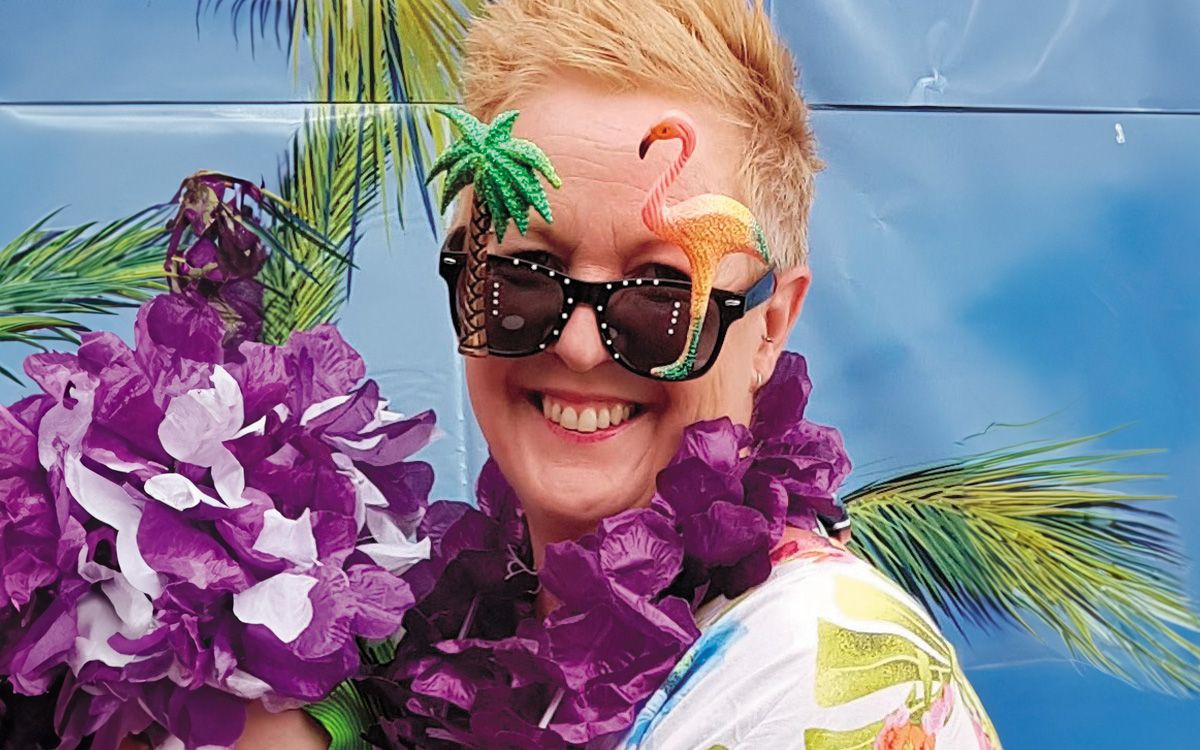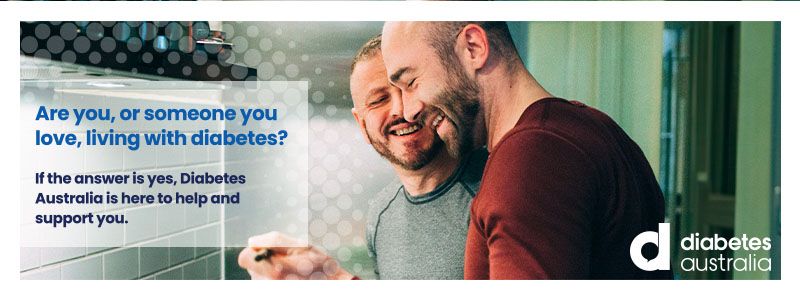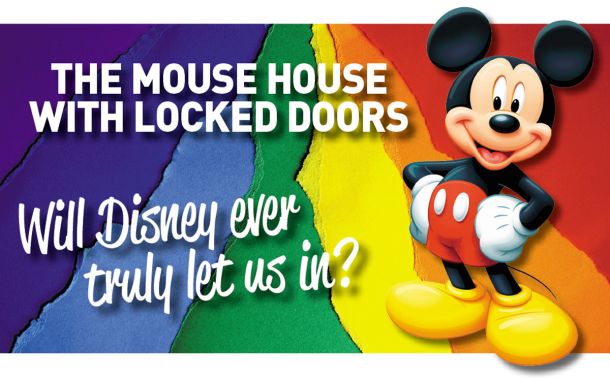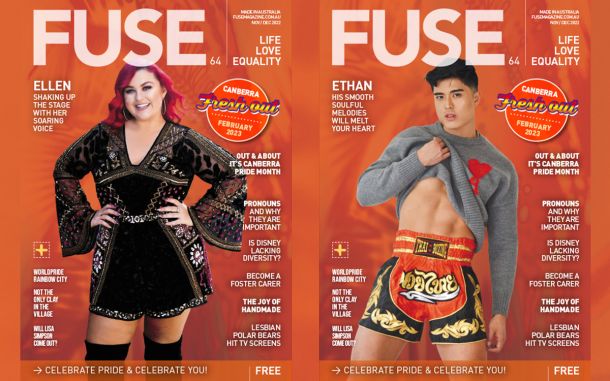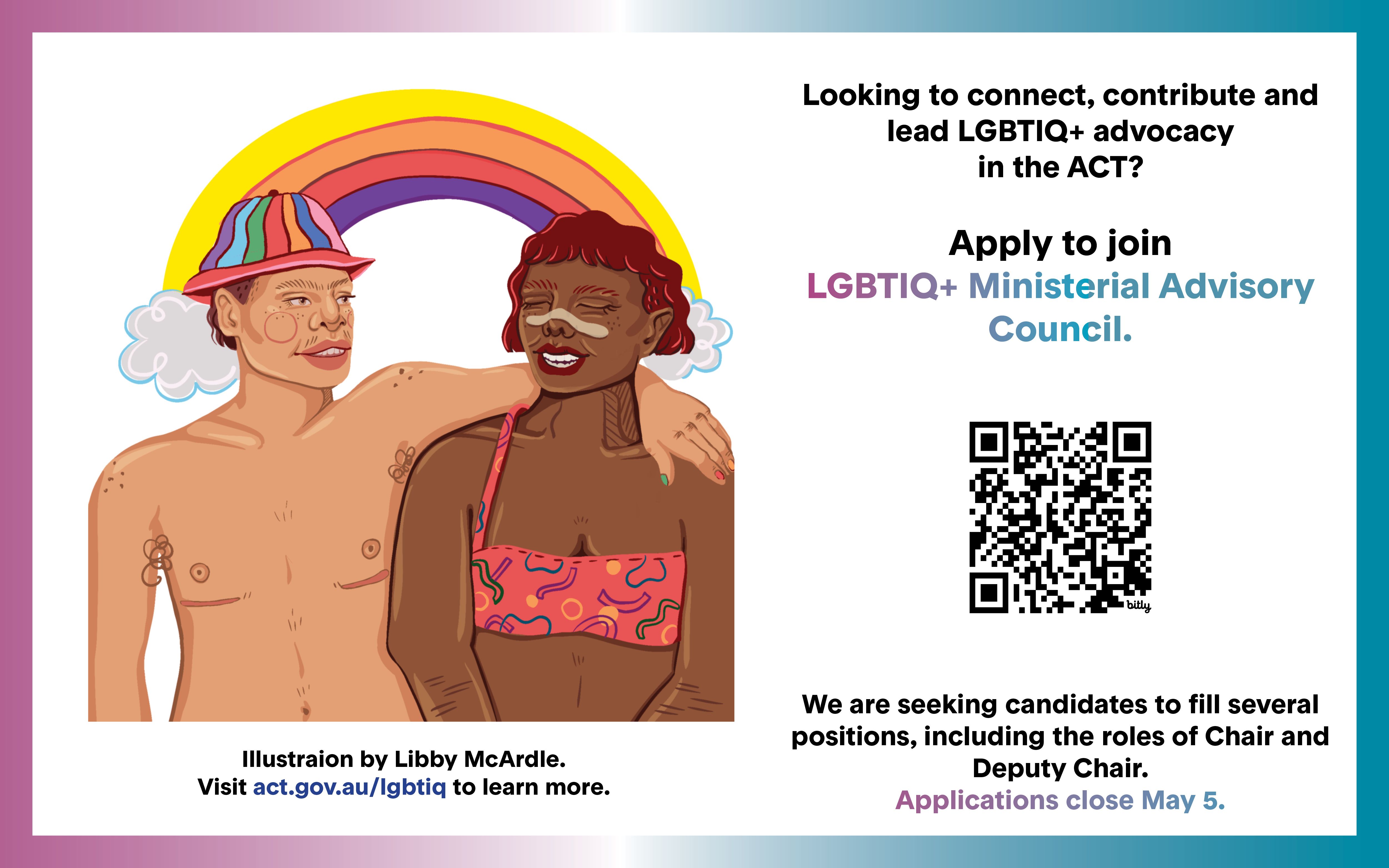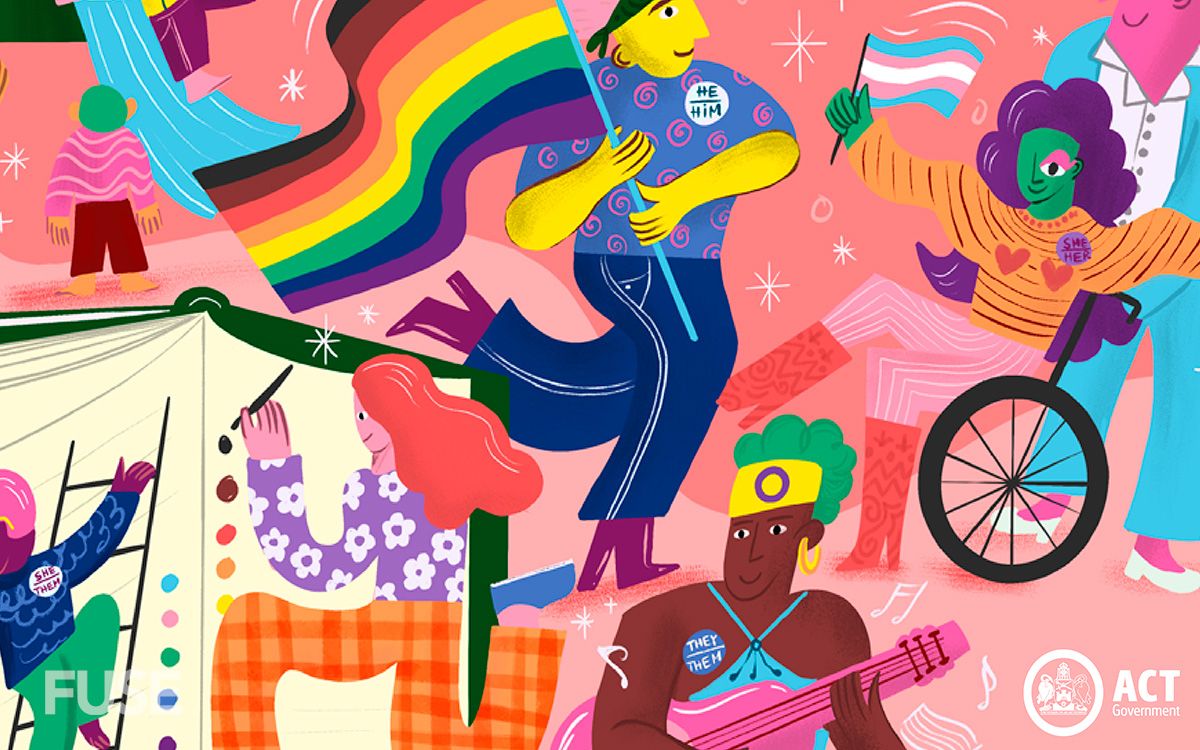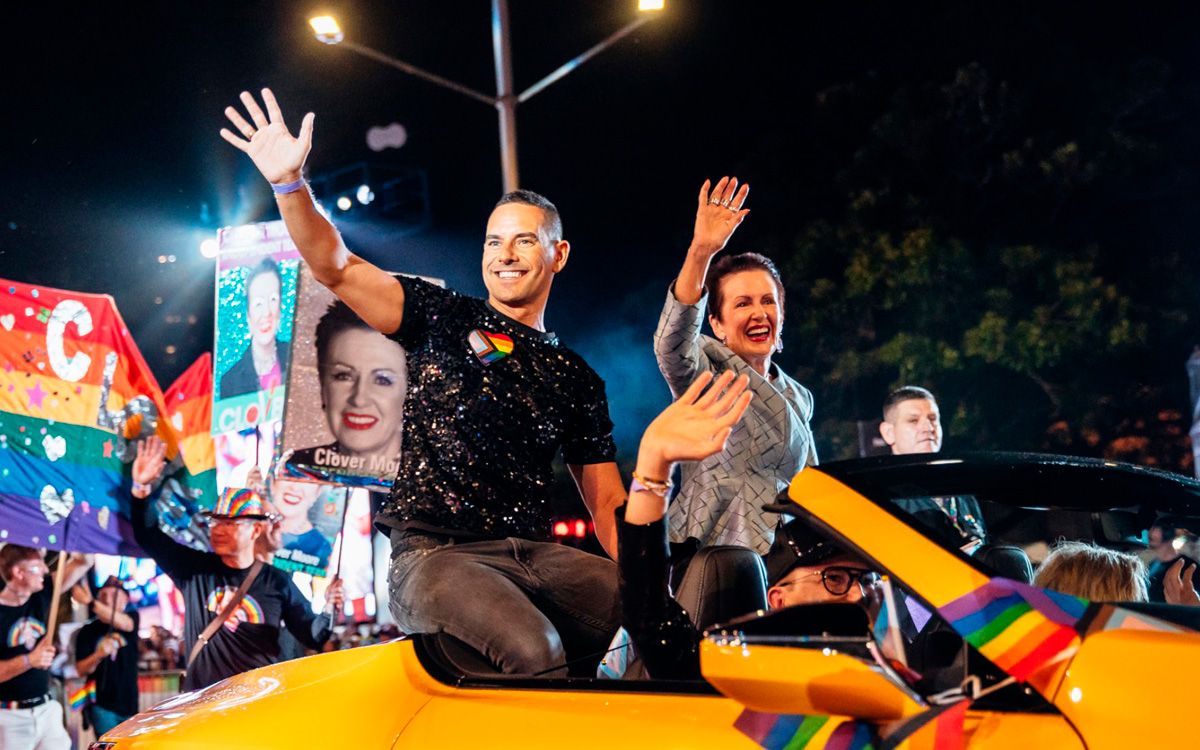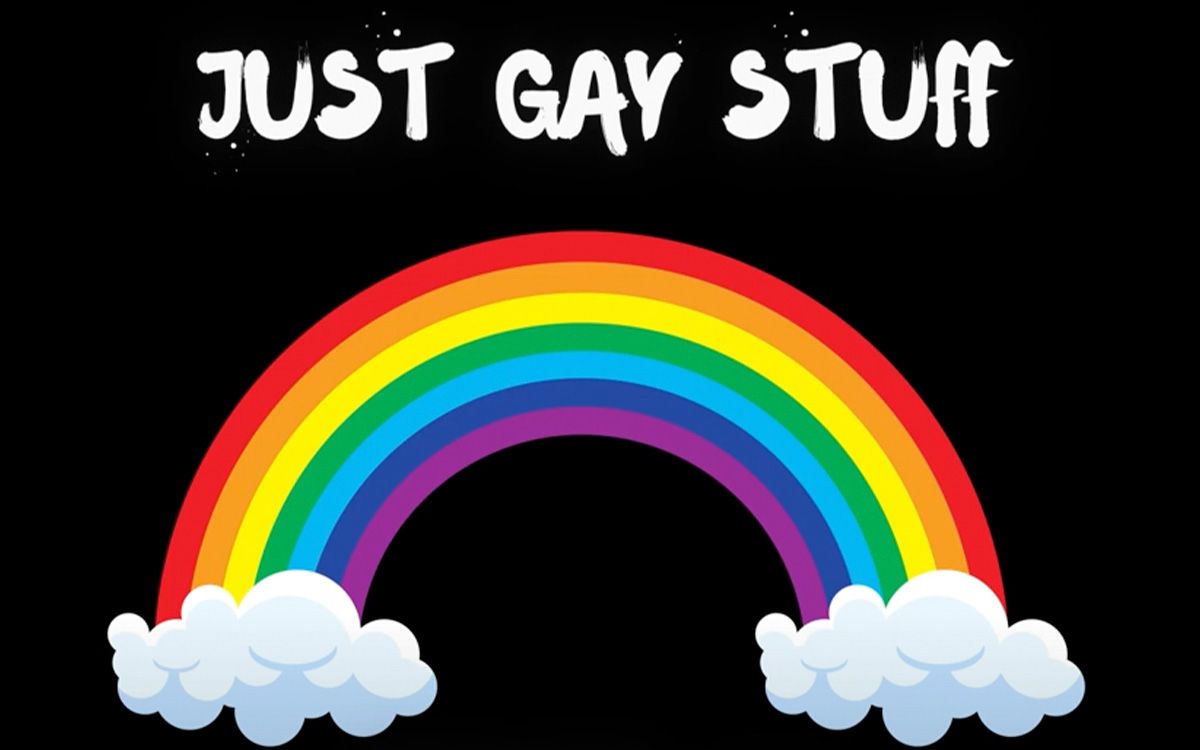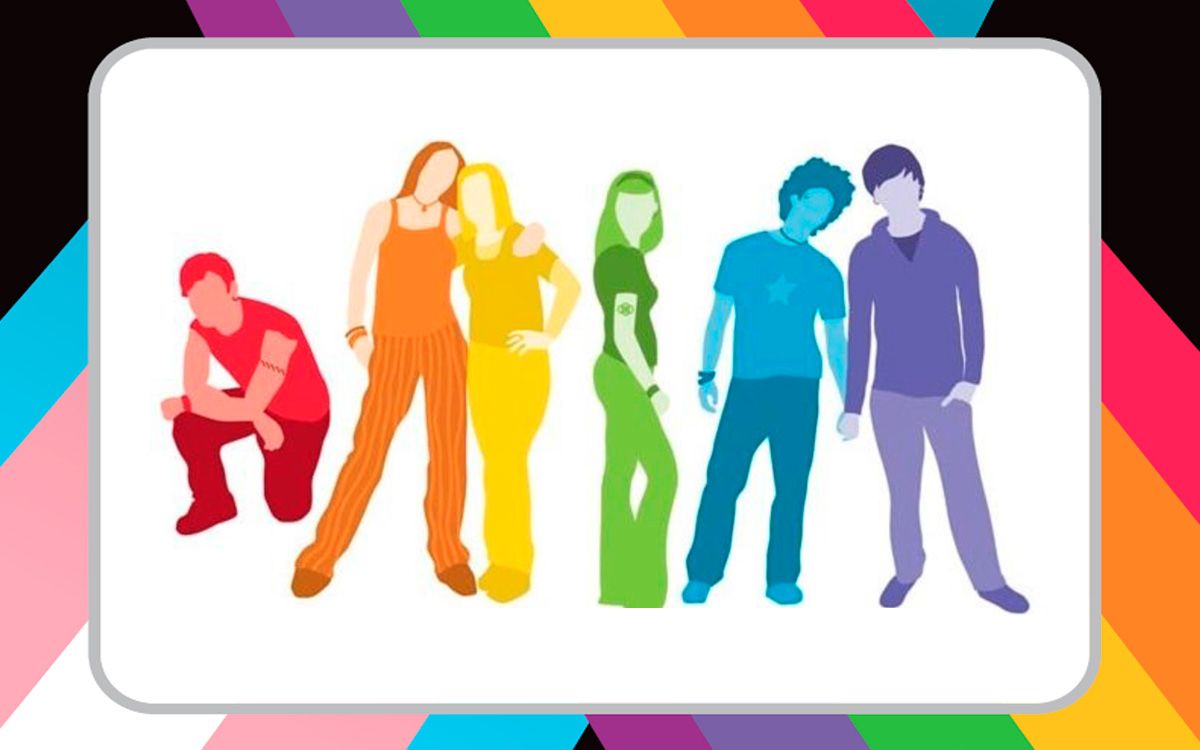Foster carers are single, married or in a de-facto relationship, renting or owning a home, working full-time, part-time or even not working. With or without children, young or old.
Whatever their background, what all foster carers have in common is an ability and a desire to provide safe, nurturing homes that can make a huge difference to a vulnerable child's life.
Foster care requires flexibility, commitment, patience and, yes, some hard work. It can be challenging, but it's also extremely rewarding.
As a foster parent, you can make an important difference to a child's life at a time when they need it the most. You can experience the joy of offering children a safe, nurturing environment. You can watch them grow and develop their self-esteem and confidence.
And nearly anyone can make a difference. With the support of people just like you, children and young people who are vulnerable or at risk have a chance at a new future.
We chatted directly to Dina Grey (Ms/she/her) in Canberra about her experiences as a foster carer who hopes to encourage others to also open their homes to children in need.
Can you share what motivated you to become a foster parent?
About 15 years ago, I met a foster carer who piqued my curiosity. I peppered them with questions, and it got me thinking about whether I might make a difference in the life of a child who'd had similar experiences to my own. It's taken me a long time to grow through those early experiences, and I thought that my journey put me in a position where I could help a little person to heal as I have begun to heal.
Were there any unique challenges you faced during that journey as a single LGBTIQ+ person?
The main challenge was the timing of my decision, which I made not long after leaving a long-term relationship. While I had absolutely no doubt that it was the right decision as I'd been thinking about it for a long time, the ACT Together Panel suggested taking some time (an extra 6 months) before progressing with my application.
It was sensible advice as there was still a lot to work through and more change before I could take on that extra responsibility. The other challenge was reconciling the needs of my biological kids (young adults really) with my desire to bring another person into our lives. I didn't do that alone; I consulted with them, and they were part of the application process.
Nonetheless, it's still a challenge to meet what I see as my responsibilities as their mum while parenting a challenging little person, even if they are 'grown-ups' now.
Do you believe that there are any misconceptions about foster care?
Perhaps that all foster children are wild and uncontrolled. I also wonder if some people think these kids can't heal from the trauma they have experienced.
Maybe some can't or will only partly heal, but they all deserve our love and respect as individuals as precious as any other and the opportunity to be as terrific as they would like — or more. Society needs to learn to value and respect children and young people for their unique experiences and perspectives. And besides...as my fave band says, 'I don't need your authority, Down with the moral majority'!
What qualities or attributes do you think people need to have to become successful carers?
Endless, bottomless patience and unconditional love. Also, a willingness to keep learning and consider other or better ways of doing things. The hardest thing for me has been changing my approach to parenting, particularly unlearning the negative parenting practices I learned from my own parents, to apply the new methods and skills I've learned from training I've done with ACT Together!
Can you share a memorable experience or success story from your time as a foster parent that highlights the positive impact you've had on a child's life?
I will never forget one day at swimming lessons when the young person I provide respite care for overcame their fear of floating on their back. Months of lessons didn't seem to have made a difference but one morning I noticed they had no problem floating face down and curled in a ball! I called them over to the edge of the pool and said "Buddy - do you realise what you were just doing?" They looked at me blankly. I said "You are floating by yourself - the only difference between that and a starfish float is that you are upside down!".
Watching the realisation dawn on their face was utterly precious. They pushed away from the edge, turned on their back and floated in a perfect starfish. I lept up, threw my arms in the air and yelled "YES!" (in the middle of a busy swim school), pointed at them and said "I KNEW you could do it! I knew it - go you!". The young person had desperately wanted to earn a mystery reward promised by their primary foster parents. The young person was rightly so proud of themselves, but maybe not as proud of them as I was.
I spent the rest of the lesson wiping tears of pride away but couldn't wipe the grin off my face. I can't take credit for their achievement, only the fool I made of myself jumping up and down and yelling at the top of my lungs, but I don't care and would do it again.
Foster parenting can be emotionally challenging. How do you get support as a single person, and do you have any advice for other single folk considering foster parenting?
Yes it sure can. I doubt myself on a regular basis. My main support is my eldest, J, who provides support by hanging with the little person if I need a little time alone, even if just for a shower, and other foster carers. There are other foster carers in my workplace, and having them around to debrief after a tough week, or bounce ideas off has been wonderful.
I can talk to friends who have children, but while many of the challenges are the same or similar, the challenges that come with fostering can be particularly tough. I have found the knowledge and advice of the little person's case manager and professional support person invaluable, so I'd suggest leaning on them and attending relevant training.
I found the PACE (Patience, Acceptance, Compassion, Empathy) training useful - particularly the opportunity to speak with other carers and learn from them. Make time for yourself to relax and think about your experience in a calm environment; it helps bring perspective while recharging the emotional and mental batteries.
Do you think it's harder to be a foster carer as a single person?
Yes. I know it would be even harder if I didn't have J as that circuit breaker, especially after helping the little one through a tough period of dysregulation. Like any single parent, it can be tough not having someone around to lean on or take over when you are exhausted or at your wit's end. The additional needs of kids in care and the expectations placed on foster carers can make parenting on your own a bit more complex.
What would you say to anyone thinking about becoming a foster carer?
There's a lot to consider when taking on this role. Do you have the mental and emotional space to dedicate to a child with particular needs, in addition to any existing children, caring responsibilities, work, education or anything else? Can you balance the (legitimate) needs of your partner, children, and self? Are you willing and able to love unconditionally?
Can you see a child or young person through a lens of non-judgment and unconditional positive regard? Can you take the hits without taking it personally? Do you know what you are willing to sacrifice and what you are not?
Once you have considered all of this, and if you think you can or think you do, don't hesitate. Do it. They need you.
Finally, what would you say to encourage other couples to become foster carers?
What are you waiting for?


